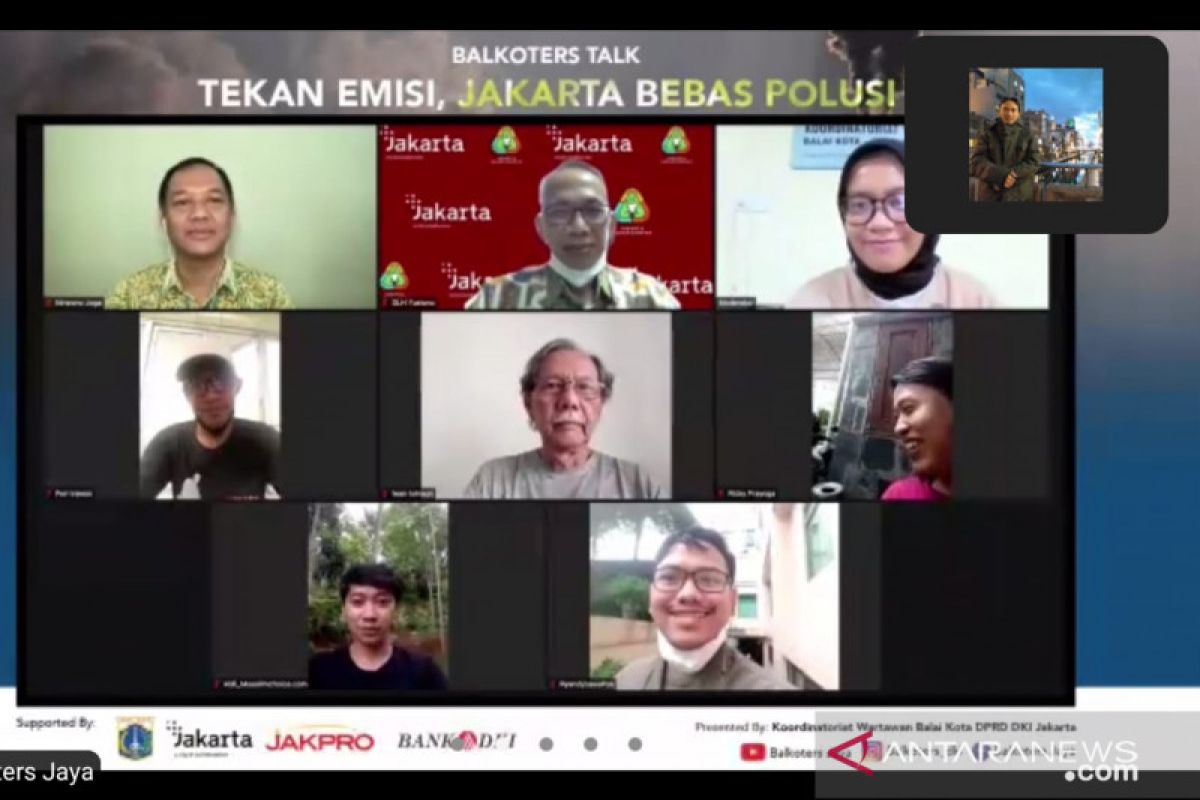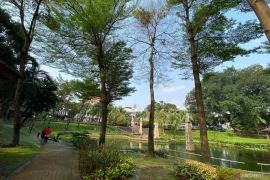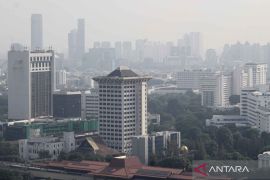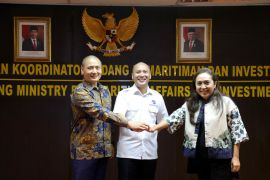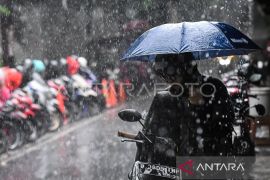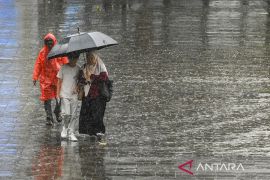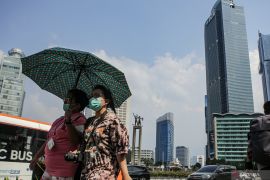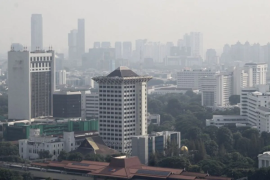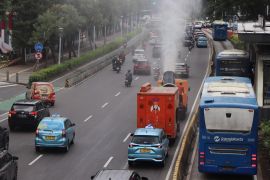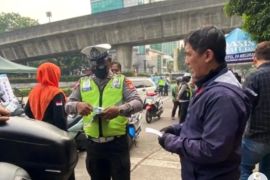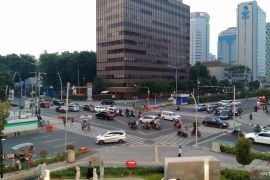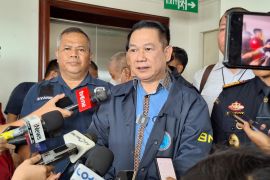As per Jakarta's Air Pollution Standard Index during the January-December 2021 period, no day was recorded as having fallen in the very unhealthy category, Head of Environmental Impact Control at the Jakarta Environment Office, Yusiono Anwar, stated during a virtual discussion titled "Reduce Emissions for Pollution-Free Jakarta" here on Thursday.
Anwar remarked that 218 days were recorded at the moderate level; 138 days, unhealthy level; and six days, good level.
"From our observation, the dominant parameter from January to December 2021 was blue, which meant it was moderate, and outdoor activities were safe," Anwar stated.
However, he affirmed that the number of moderate days was still lower than that of last year when 244 days were recorded in the moderate category, 90 days in unhealthy, 29 days in good, and three in very unhealthy.
"The trend of unhealthy and very unhealthy days had decreased each year, especially in 2021, when there were 151 unhealthy days and 116 very unhealthy days," he stated.
Related news: Jakarta air quality in 2020 better than in 2019: ministry
Six parameters of air pollution sources were calculated: sulfur dioxide (SO2), nitrogen oxides (NOx), carbon monoxide (CO), 10 μm-particulate matter in the air (PM10), 2.5 μm-particulate matter (PM2.5), and black carbon (BC), five of which came from transportation.
Meanwhile, Anwar noted that the manufacturing industry caused the highest SO2 pollution.
Some regulations, such as the motor-vehicle free day and emission test on motor vehicles, have been enforced to improve the air quality. The Jakarta administration also needs to formulate a roadmap and master plan to be free from pollution, he stated.
In addition, the sources of air pollution should be addressed, such as developing transportation modes with transit location facilities, he highlighted.
Moreover, other endeavors that should be bolstered comprise a lifestyle leaning toward the use of means of public transportation and greening optimization by planting large trees, increasing the number of green open spaces, and developing more limitations to the mobility of motor vehicles in the city (Kota Tua, Ancol, Monas, GBK, Kemayoran, TMII) and residential areas (Menteng, Kebayoran Baru, Pondok Indah, PIK and Kelapa Gading).
Anwar also proposed to include the obligation of buying, planting, or donating trees in some administrative matters.
"Hence, the target of planting 10 million trees can be achieved by 2030," he affirmed.
Related news: Emission test: A tale of struggle to improve Jakarta's air
Related news: Jakarta should use electric cars to improve air quality: Jokowi
Translator: Ricky P, Kenzu T
Editor: Suharto
Copyright © ANTARA 2021
